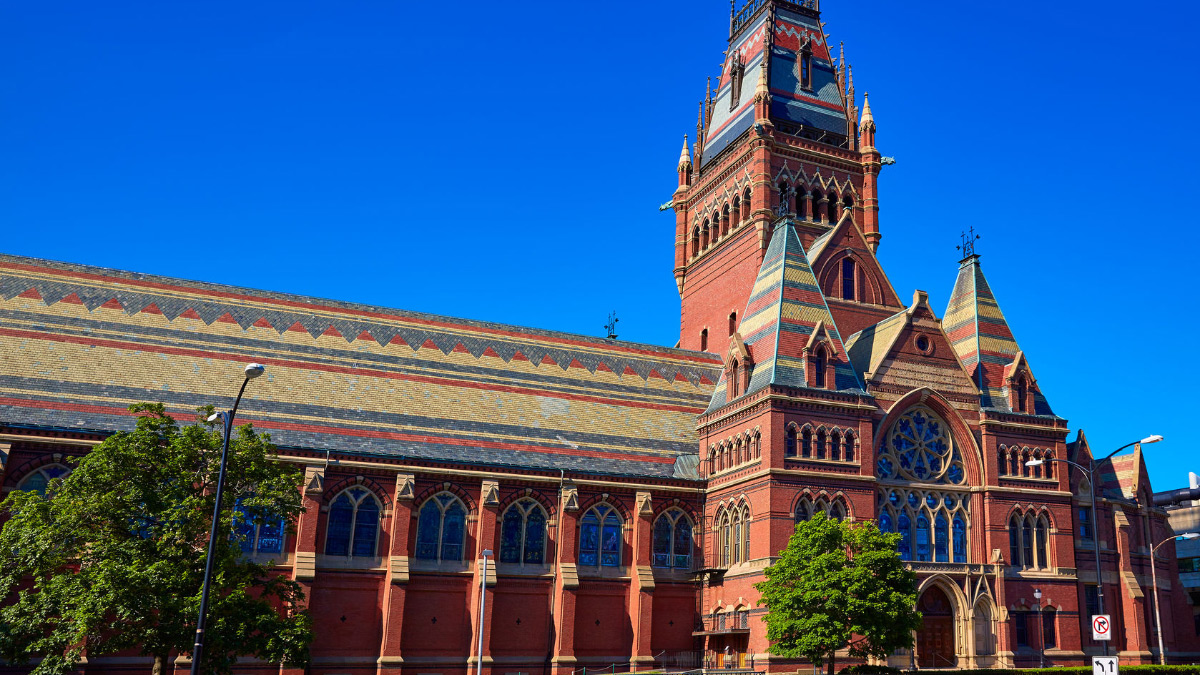Occasionally, men and boys like to bond together, without women around. The same thing is true of women. Thus my wife belongs to all women bridge and book clubs, and sometimes guys go fishing or play golf with no women present. Even in this age of hyper sensitivity about group identity, this is widely accepted behavior. Hundreds of colleges and universities across the country have fraternities and sororities whose membership is limited to one sex. There are still whole colleges in America that are all-women or all-men.
Harvard, which one half century ago was all men itself, thinks single sex associations are wrong and punishes kids who want to join fraternities and sororities. Since 2016, students belonging to “unrecognized single-gender social organizations” are overtly discriminated against, being no longer eligible to have campus leadership positions like captaining sports teams, or even getting letters of recommendations from deans for scholarships. A few other elite schools (Amherst for example) have gone even further, banning fraternities. While then Harvard President Drew Faust announced the new policy, she fomented about “forms of privilege and exclusion at odds with our deepest values” and “deeply rooted gender values.”
My first problem with Faust’s position is rooted in the word “our” in the previous sentence. She asserts that schools have “deep values.” Schools are associations of individuals of widely different values, and trying to assert a uniform set of values for all students is authoritarianism found in Communist and Fascist dictatorships, but not usually in a nation reveling in its individualism and the right to defy convention and authority. Louis XIV said “L’etat est moi.” Is Faust or her successor Lawrence Bacow saying, “Harvard—it is me?” Is 17th century France the model for university governance at Harvard? Good universities delight in attacking uniformity of views, promoting the freedom of association that goes with academic discourse and social interaction. Vive la difference!
To be sure, fraternities are associations of sometimes immature young men who often do boorish and obnoxious things, like hazing pledges or engaging in otherwise excessive and sometimes lewd bacchanalia. Interestingly, however, a large majority of U.S. presidents, top corporate leaders and Supreme Court justices belonged to a fraternity or sorority while in college. Some view them as being sexist. However, as The Economist in an excellent article in its January 29 issue noted, “Harvard’s policy against single-sex clubs is not protecting women.” Indeed, Harvard sororities have also bit the dust as a result of Faust’s decree.
Harvard is already in the midst of a significant lawsuit accusing it of racial discrimination against Asian applicants. In early December, two fraternities and two sororities sued Harvard in federal district court in Boston, and another sorority sued in Massachusetts state court. The lawsuits claim students are being discriminated against on their sex and they are being smeared for their association with single sex organizations. I wonder if there is an anti-trust legal angle here: can universities prevent its customers (students) from having other associations? Harvard seems to almost be saying, “Your primary associational affiliation is with Harvard; we reserve the right to prohibit you from joining other groups.”
Harvard is a great school, one of the jewels in America’s academic crown. However, this latest brouhaha reminds me of two Harvard vignettes from my very distant past. First, over 60 years ago, I was accepted at Harvard College, but decided to go elsewhere (Northwestern) because I thought Harvard’s eastern culture might conflict too much with my values centered in the American Midwest. Harvard’s actions both with respect to admissions policies and fraternities and sororities reinforce my view that my teen-age decision, which many friends thought crazy at the time, was in fact correct. Second, in 1963 William F. Buckley said, “...I should sooner live in a society governed by the first two thousand people in the Boston telephone directory than by the two thousand faculty members of Harvard University.”













